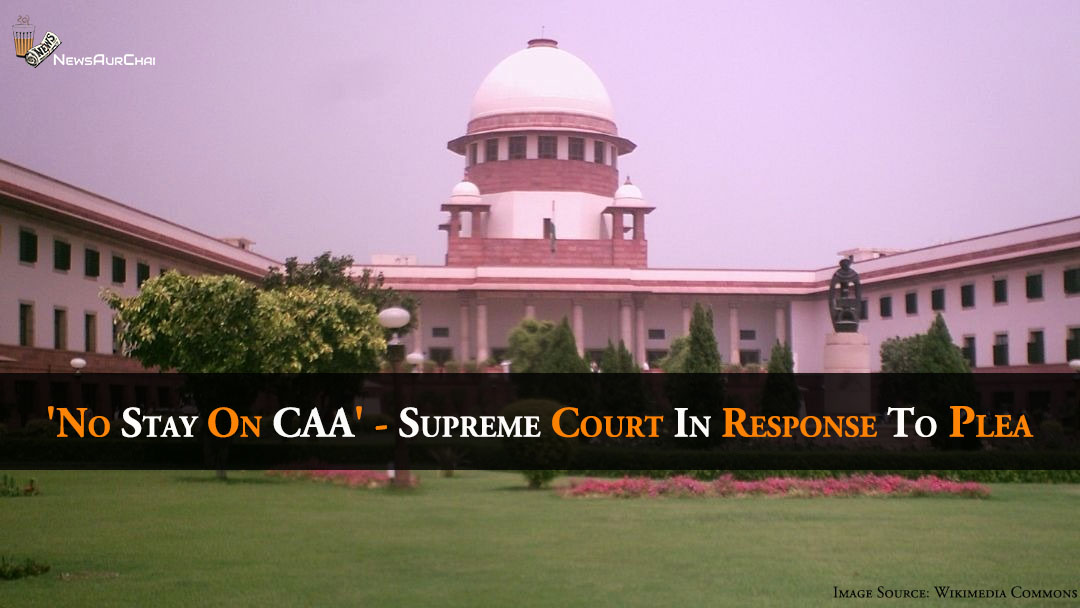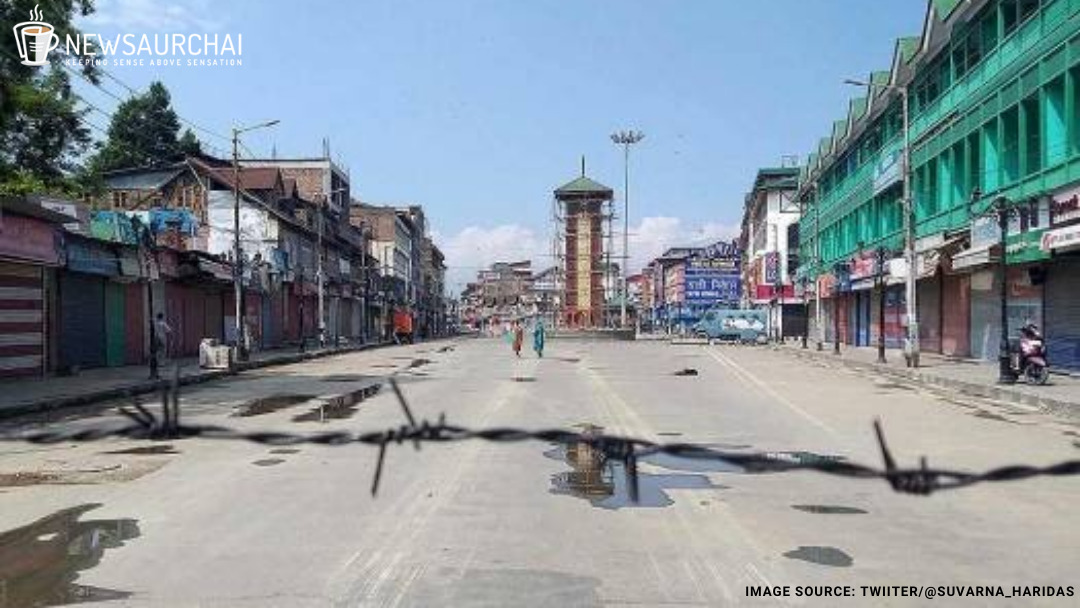‘No Stay On CAA’ – Supreme Court Response To Plea

The never-ending strikes and protest seem to have been answered by the Supreme Court with its statement made in response to the plea for stay on Citizenship (Amendment) Act (CAA). The apex court on January 22, 2020, declined to put a stay on the CAA, which is at the core of nationwide protests and gave the Centre four weeks to respond to petitions on the law. Through this, the court made it clear not to put any stay on the law, without hearing from the Centre.
The court stated that a five-judge constitution bench would give an interim order on 144 petitions on the Citizenship Law. The Supreme Court also directed all High Courts from hearing appeals on the CAA before it decided on those pleas. The petitioners include political parties like the Congress, DMK, CPI, CPM, Indian Union Muslim League or IUML, Asaduddin Owaisi’s All India Majlis-e-Ittehadul Muslimeen and Kamal Hassan’s Makkal Needhi Maiam.
The apex court further stated that the petitions linked to Assam and Tripura would be taken up separately as the problem with CAA in these two states is different from the rest of the country.
A bench headed by Chief Justice SA Bobde is hearing 143 petitions, mostly questioning the validity of the CAA.
Chief Justice Bobde said, “This matter is uppermost in everyone’s mind”.
“Because of the unmanageable crowd, we may hear some small matters in chambers and lawyers can come in chambers,” he further added.
The Supreme Court has issued notice to Centre.
Attorney General K K Venugopal, appearing for the Centre, told the bench that the government had been given copies of around 60 pleas out of the 143 petitions. He said it needed time to respond to appeals which have not been served on it.
Senior lawyer Kapil Sibal had urged the bench to put on hold the CAA and postpone the National Population Register (NPR) for the time being.
The Citizenship Amendment Act (CAA) 2019, will grant citizenship to non-Muslim minorities like Sikh, Parsi, Buddhist and Christian who were being persecuted in Bangladesh, Afghanistan and Pakistan based on religion, who fled and entered India before December 31, 2014.
Critics believe that CAA, along with NRC, is targeted toward the Muslim community. Many state governments had announced that they would not conduct NPR, stating that it is a precursor to NRC.
The appeals filed against CAA mainly stated that the law violates the basic secular structure of the Constitution, mainly because of excluding the Muslim community.






One Comment